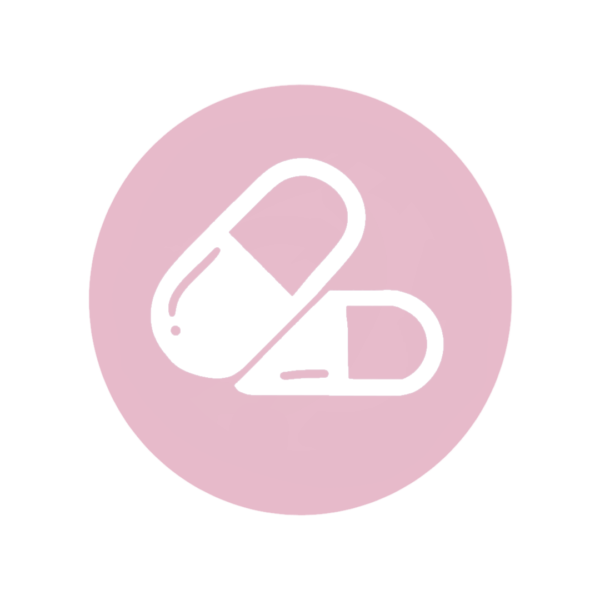Medication while breastfeeding
Breastfeeding

Breastfeeding gives your baby a healthy start, but if you have a reason to take medication during this period, you need to consider the possible impact on your breast milk.
In that case, you need to know the following:
Which medications are safe to take when breastfeeding?
Some drugs are safe to take during breastfeeding because even if they pass into your breast milk, they’re usually in small quantities that won’t harm your baby. But you should always ask your doctor or pharmacist to be sure.
Generally, these medications are considered safe during breastfeeding:
Pain relievers
- Acetaminophen, such as paracetamol
- Ibuprofen
Antimicrobial medications
- Fluconazole (Diflucan)
- Penicillins, such as amoxicillin and ampicillin
Antihistamines
- Loratadine
- Fexofenadine
Decongestants
- Pseudoephedrine-containing medications, such as Sudafed, Zyrtec D, and others — use with caution because pseudoephedrine can reduce milk production
Gastrointestinal medications
- Famotidine (Pepcid)
- Cimetidine (Tagamet HB)
Birth control pills
- Contraceptives that contain only progestin, such as the minipill
How does the medicine I take affect my breastfeeding?
The quantity of a drug that gets into breast milk and how it can affect a baby depends on many factors, including your baby’s age, the type of drug, the dose, and the way it’s taken.
The effects a drug can have on a baby include diarrhea, vomiting, and unusual sleepiness or irritability. Additionally, some medications can reduce your milk production and may cause your baby not to gain enough weight.
Which medicines are prohibited to take when breastfeeding?
- Amiodarone: This drug is used to treat arrhythmias. It is excreted in breast milk in large quantities, so the baby may receive the medication through milk. Since the drug contains iodine, it can lead to hypothyroidism in addition to arrhythmias.
- Cyclophosphamide / cyclosporine / doxorubicin / methotrexate: These are used in the treatment of cancer. If the mother is receiving this drug, she should not breastfeed because these drugs can pass through the milk and may suppress the baby’s immune system. They can also affect the child’s bone marrow and suppress blood production.
- Ergotamine and caffeine: These drugs are used to treat migraine. But they can be excreted in breast milk. The effects of ergotamine include vomiting, diarrhea, and seizures, as well as the suppression of milk production. Caffeine has not been found to cause harm. But if the mother uses it for a long time, it may also affect the child’s sleep-wake cycle.
- Immunosuppressants: They may decrease the baby’s immune system.
- Drugs in vitamin A acid group: Used to treat acne. Mothers who are breastfeeding should not use this group of drugs, because the drug can be excreted in breast milk and may cause the child to have back pain and liver problems.
Should I stop breastfeeding while taking medication?
It may not be safe to take certain drugs while breastfeeding. But if you need to take a medication that could be harmful to your baby, your doctor might recommend an alternative drug or advise you to breastfeed only when the medication is at a low level in your breast milk.
In some situations, your doctor might recommend that you stop breastfeeding for some time or even indefinitely — depending on the duration of the medication. If you’re aware in time, pump some breastmilk and store before starting the medication.
Verified:
Dr. Wanwadee Sapmee Panyakat (OB-GYN), license no. 41208 (17 November 2021)



